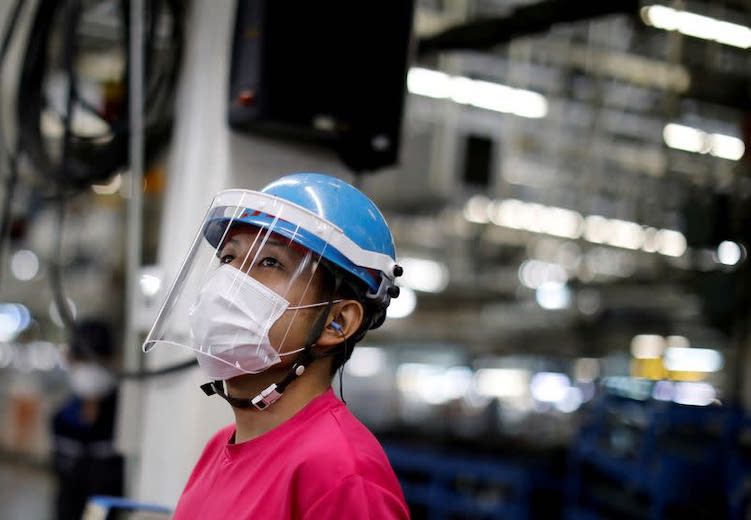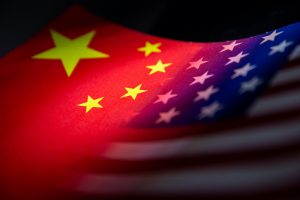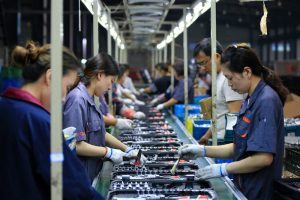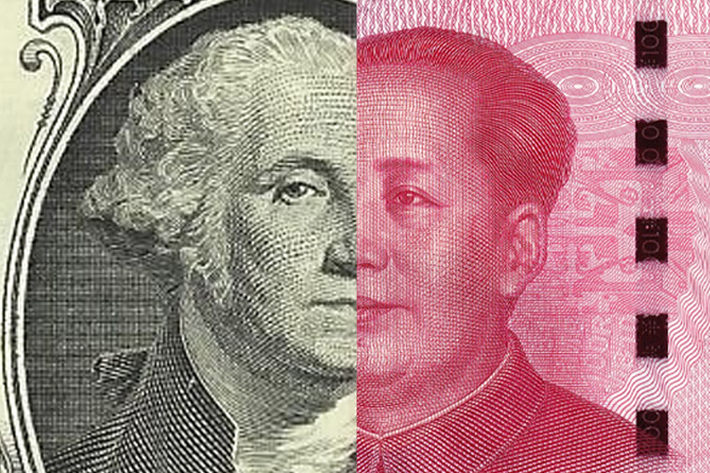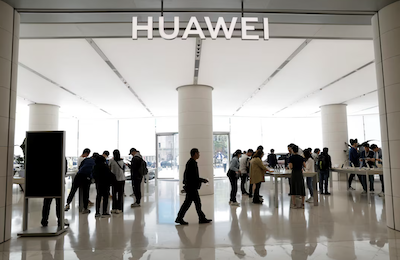Factory activity in Asia slowed again in January, hit by weak growth in the United States and Europe, according to surveys on Wednesday.
A private sector survey of industrial activity in China gave showed that the country’s fragile economic recovery has yet to get a boost from its reopening from tough Covid-19 restrictions in December.
China’s Caixin/S&P Global manufacturing purchasing managers’ index (PMI) edged up to 49.2 in January from 49.0 in the previous month, staying below the 50 mark that separates growth from contraction for a sixth straight month.
The data was contrasted with a better-than-expected official PMI survey issued on Tuesday. But whereas the official PMI largely focuses on big and state-owned Chinese businesses, the Caixin survey centres on small firms and coastal regions.
ALSO SEE:
Big Money Rescues Adani Share Sale Despite Hindenburg Fallout
Japan, South Korea also suffering
While there has been some positive signs, the pace of contraction in output has also been slowing in Japan and South Korea.
But there is uncertainty on whether Asia can weather the blow from slowing global demand and stubbornly high inflation, some analysts say.
“The worst of Asia’s downturn is behind, but the outlook is clouded by weaknesses in major export destinations like the United States and Europe,” Toru Nishihama, chief economist at Dai-ichi Life Research Institute in Tokyo, said.
“With the recovery from Covid-19 under way, Asian economies need a new growth engine. There isn’t one so far.”
Japan’s au Jibun Bank PMI stood at 48.9 in January, unchanged from the previous month, as manufacturers felt the pain from weak global demand.
But supplier delays were less prevalent than at any time since February 2021, while input and output price inflation were the slowest in 16 months, the Japan PMI survey showed.
South Korea’s factory activity contracted for a seventh straight month in January. The reading was 48.5, up from 48.2 in December but below the 50-point-threshold.
While new orders in South Korea shrank for a seventh straight month in January, the rate of decline was slightly slower than a month earlier, the survey showed.
“The immediate outlook for the South Korean manufacturing sector appears challenging,” said Usamah Bhatti, economist at S&P Global Market Intelligence.
“That said, firms remained confident that global economic conditions would improve and stimulate demand.”
Activity weak in Taiwan, SE Asia and India
Factory activity expanded in January in Indonesia and the Philippines but shrank in Malaysia and Taiwan, PMI surveys showed.
India’s manufacturing industry started the year on a weaker note, expanding at the slowest pace in three months in January as output and sales growth slackened.
The International Monetary Fund on Tuesday slightly raised its 2023 global growth outlook on “surprisingly resilient” demand in the United States and Europe and the reopening of China’s economy after Beijing abandoned its strict pandemic controls.
But the IMF said global growth would still slow to 2.9% in 2023 from 3.4% in 2022, and it warned that the world could easily tip into recession.
- Reuters with additional editing by Jim Pollard
ALSO SEE:
China’s BYD Launches Its Charge For The Top in Japan
Pakistan Kicks Off Talks With IMF on Crucial Funding Package
World Bank Loans Philippines $600 Million To Support Economy




